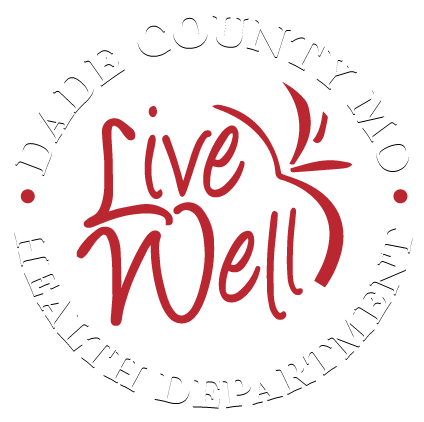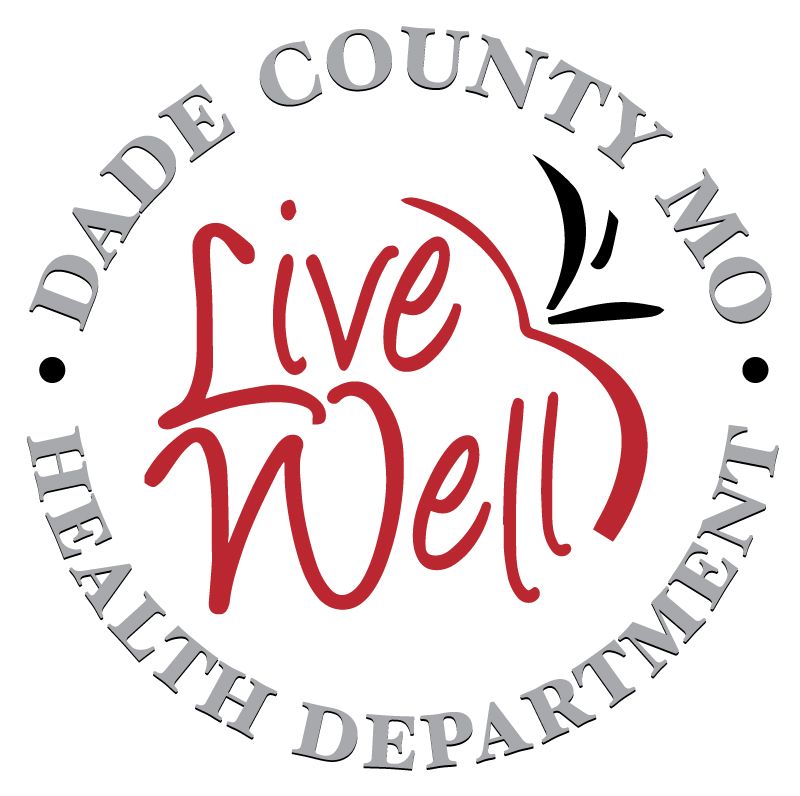Missouri Laws Governing Onsite Sewage Treatment and Disposal
A bill passed by the Missouri General Assembly and signed into law by the Governor in August 1994 addresses the protection of Missouri's groundwater (the source of much of our drinking water) and the prevention of the spread of disease organisms. The law governs sewage systems that treat and disperse wastewater, generally on the lot where it was produced - onsite systems.
The onsite sewage law covers soil absorption systems serving single or multiple residences or businesses with domestic wastewater flows of 3000 gallons per day or less and lagoons serving a single residence. The Missouri Department of Natural Resources (DNR) regulates all other sewage lagoons and sewage treatment facilities with daily flows of more than 3000 gallons, including public sewer systems. Anyone subdividing or developing property must comply with DNR residential development regulations as well as the onsite sewage law.
Under the law, the Department of Health and Senior Services (DHSS) has developed minimum standards for the size and location of sewage tanks and soil absorption trenches. County or city governments may adopt the state standards or stricter standards by ordinance.
Also under the law, DHSS lists persons who may conduct soils morphology evaluations for the design of onsite systems. In addition, DHSS provides training and registration for onsite system installers and licenses individuals to inspect or evaluate existing onsite sewage systems related to a real estate sale.
When a neighbor or other aggrieved person lodges a complaint about a failing system, the law provides for an investigation. If the system presents a nuisance or a health hazard, the nuisance must be abated. Major repairs, as well as new systems, must comply with minimum standards.
Missouri Regulations Governing Onsite Sewage Systems
Missouri Department of Health and Senior Services' (DHSS) rules governing onsite sewage systems cover minimum construction requirements, system inspections at the time of property sales, and requirements for soil evaluators. These rules became effective in January 1996.
In Dade County, the Local Public Health Agency, or DHSS staff, regulate new system construction and existing system repairs according to state standards. The state standards establish minimum requirements for the size and type of an onsite system based on an evaluation of the site and soil conditions. Dade County has approved a sewer ordinance that adopts Missouri regulations. There are no exemptions for property sizes. Percolation test are not acceptable for determining soil absorption designs.
Office Hours
To speak with our Environmental Public Health Specialist call 417-637-2345 or fax 417-637-2507.
Septic Forms
On-Site Sewage Regulations FAQs
Who is regulated?
In Dade County Missouri, all on-site sewage disposal systems have been required to get a "permit to construct" since 1996.
Who can install the on-site sewage disposal system?
Since 2004 an installer registered with the Missouri Department of Health must install all systems.
How is it determined what sewage system should be installed?
The first step is obtaining a "soils morphology report". From this information, along with specific site considerations and what is being served, a system can then be designed.
What if the soils report says conventional septic tank and laterals won't work on my site?
Then you will need to have an engineer design an alternative system installed by an advanced installer. In a few cases a lagoon might be allowed if you can meet the set-backs. Lagoons don't require an engineer.
We are selling our home and the buyer wants the sewage system inspected, can you do that?
No, as there are trained/registered 3rd party inspectors to do this type of request. Contact our office for a list of providers.
Do I need a permit to renovate the sewage disposal system?
Yes
While driving down this country road I saw several houses that had what appeared to be sewage running into the ditch, can I make a complaint?
No, you must be an adjoining landowner or be an aggrieved party.
This information provided by the Texas County Health Department.
This institution is an equal opportunity provider.



